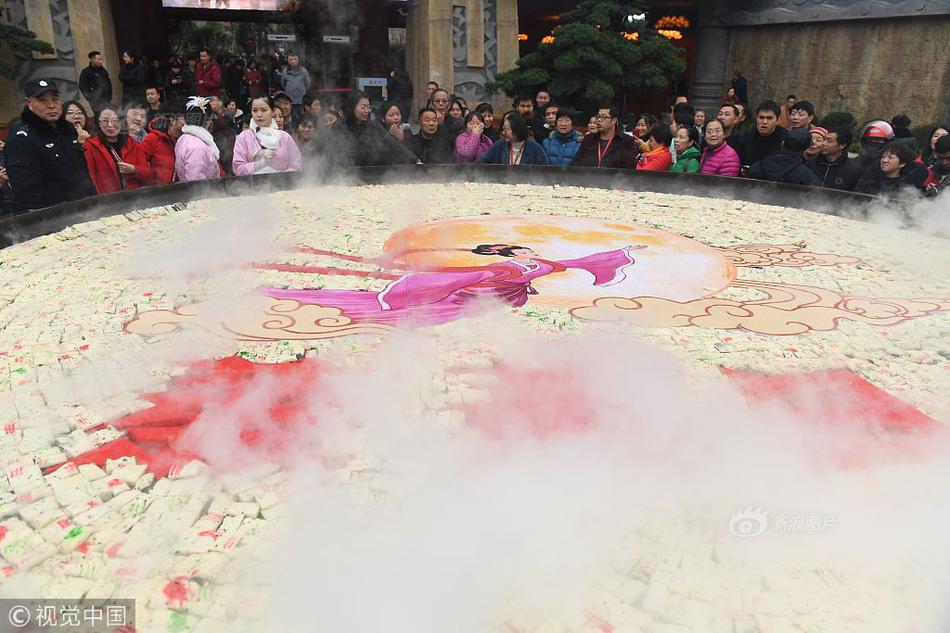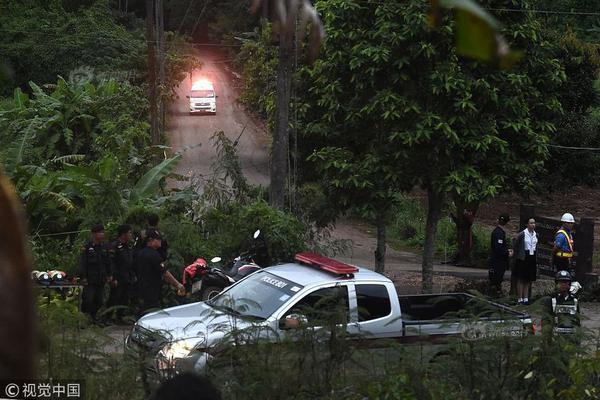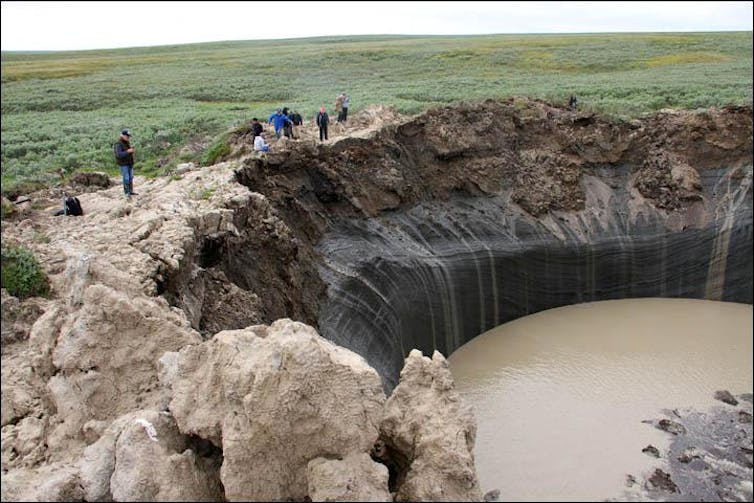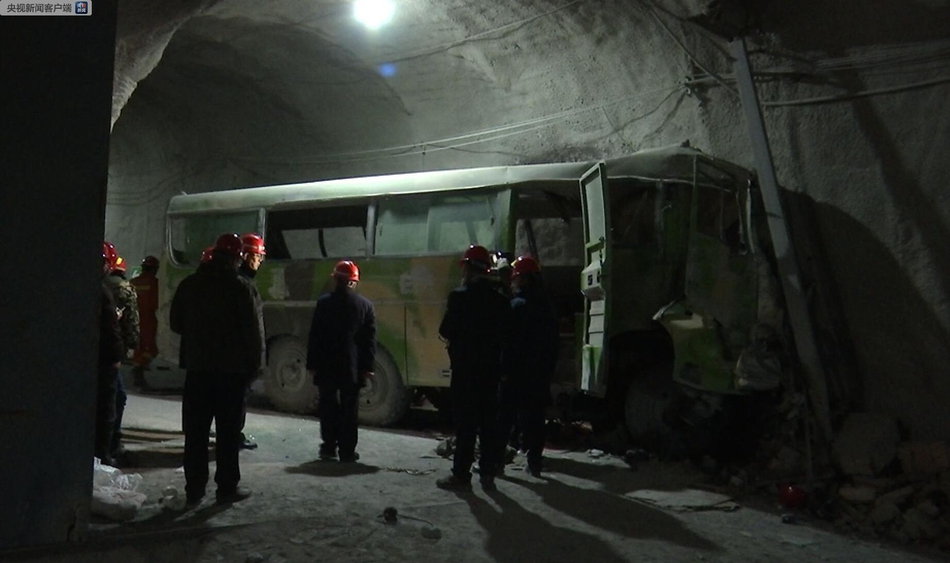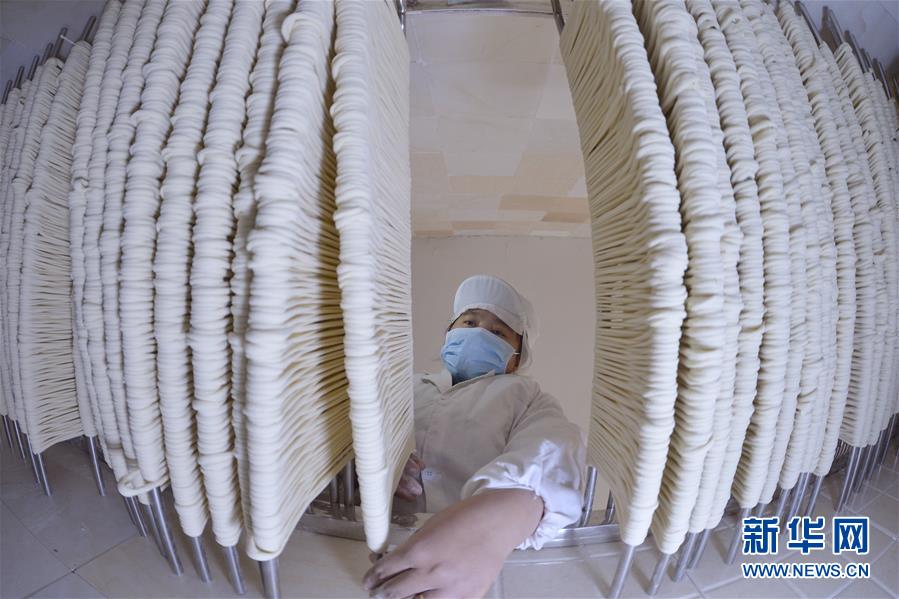Chinese scientists craft dry water extinguishant for LIB fires
By subscribing,巴西pg游戏排名榜 you agree to our Terms of Use and Policies You may unsubscribe at any time.
Lithium-ion batteries (LIBs) are widely adopted in diverse applications like electric vehicles and energy storage due to their superior energy density and durability. However, safety concerns have escalated due to the risk of fires stemming from thermal failures.
This issue has prompted heightened attention in recent years. As LIBs continue to power various industries, addressing safety hazards remains crucial for researchers and manufacturers alike.
Featured Video RelatedAiming to solve the issue, a team of Chinese researchers has utilized dry water (DW), a powdered substance abundant in liquid water, as a potential agent to extinguish LIB fires.
According to the Civil Aviation University of China team, dry water’s unique core-shell structure and dispersibility as a dry powder offer notable advantages. Notably, it exhibits a high electric breakdown voltage, overcoming the conductivity issue associated with liquid water.
The details of the team’s study, led by lead researcher Xiutao Li, were published in the Journal of Energy Storage.
Novel solution
LIB failures, often triggered by thermal, electrical, or mechanical stress, lead to increased internal temperatures and, in severe cases, thermal runaway (TR). TR poses risks of battery expansion, leakage, fire, or explosion.
Effective fire suppression methods involve rapidly dissipating battery energy to reduce temperature and inhibit exothermic reactions.
Previous studies have investigated various extinguishing agents, with water and C6F-ketone showing promise due to their cooling effects. However, C6F-ketone’s high cost and environmental concerns limit its widespread use.

CAUC
Water, with its superior heat capacity and affordability, is a favored option. Water mist, with its smaller droplet size, exhibits higher efficiency in suppressing TR and LIB fires. Yet, according to researchers, water-based methods suffer from conductivity issues, potentially leading to short circuits.
Dry water, a core-shell structure material with high water content, presents a novel solution. Dry water’s unique properties offer both liquid-like cooling capabilities and solid-like dispersibility, making it a promising candidate for LIB fire suppression.
Researchers assert that further research is needed to explore dry water’s effectiveness in cooling LIBs and extinguishing fires, highlighting its potential to enhance fire safety in battery applications.
Superior properties
The study involved preparing samples of dry water with varying water contents to assess their cooling abilities and electrical safety. Using a differential scanning calorimeter and a dielectric strength tester; researchers measured the performance of dry water samples.
Subsequently, experiments on LIB fire extinguishing were conducted to evaluate dry waters’ ability to suppress TR propagation.
Additionally, the study explored enhancing chemical fire extinguishing by incorporating ammonium dihydrogen phosphate-NH4H2PO4 (ADP) into water.
Dry water samples containing ADP solution were prepared, and their cooling capacity and TR propagation suppression were compared with those of conventional dry waters.
Through comprehensive analysis, the study aimed to ascertain the effectiveness of dry waters in mitigating LIB fire risks and to evaluate the potential benefits of ADP solution-based dry waters in further enhancing fire safety.
According to the team, dry water displayed a high electric breakdown voltage, which helps it overcome the conductivity issue of regular water.
Additionally, even though dry water doesn’t absorb heat like regular water, it evaporates faster. This makes dry water more effective at cooling down and stopping fires than regular water.
Dry water “combines the advantages of both liquid water (high cooling ability) and dry powder (low conductivity), and presents a great application potential to control LIB fires,” said the study.
Abstract
Developing an environment-friendly, high-cooling, non-conductive, and low-cost extinguishant has been the focus on fighting lithium-ion battery (LIB) fires. In this work, dry water (DW), a powdered material containing copious amounts of liquid water, was first studied as an extinguishant for LIB fires. Benefiting from the core-shell structure and dispersibility properties as a dry powder, DW shows a high electric breakdown voltage, which enables it to overcome the conductivity drawback of liquid water. Moreover, although the endothermic enthalpies of DWs are only about 82.4–95.7 % of liquid water, their water evaporation rates are faster than liquid water, which brings DWs a better cooling effect than liquid water in suppressing thermal runaway propagation. Thus, DW combines the advantages of both liquid water (high cooling ability) and dry powder (low conductivity), and presents a great application potential to control LIB fires.
(责任编辑:热点)
- ·Crop and Energy Production Merge in Iowa Project
- ·Astronomers Discover Universe's Brightest Object Eating A Sun A Day
- ·Cities rally around the Paris deal, a reminder that global problems can have local solutions
- ·Paco de Lucia, 1947
- ·Kevin McCarthy, 1914
- ·Family Punditry
- ·Tony Benn, 1925
- ·Climate and the G20 summit: some progress in greening economies, but more needs to be done
- ·US researchers make carbon
- ·Teen Hung By Broken Leg on Power Line For An Hour After Crash
- ·USDA Announces Updates to School Meal Nutrition Standards
- ·Lorenzo Semple, 1923
- ·How food gardens based on traditional practice can improve health in the Pacific
- ·Here's how scientists can repurpose tons of winemaking waste
- ·After the Flood
- ·Trump Launches Sneaker Brand After $355m Fraud Fine
- ·Mickey Rooney, 1920
- ·Climate and the G20 summit: some progress in greening economies, but more needs to be done
- ·At an uncertain G20 summit, it may be Trump against the world
- ·Bird Flu is Rapidly Spreading Through US Poultry Flocks

